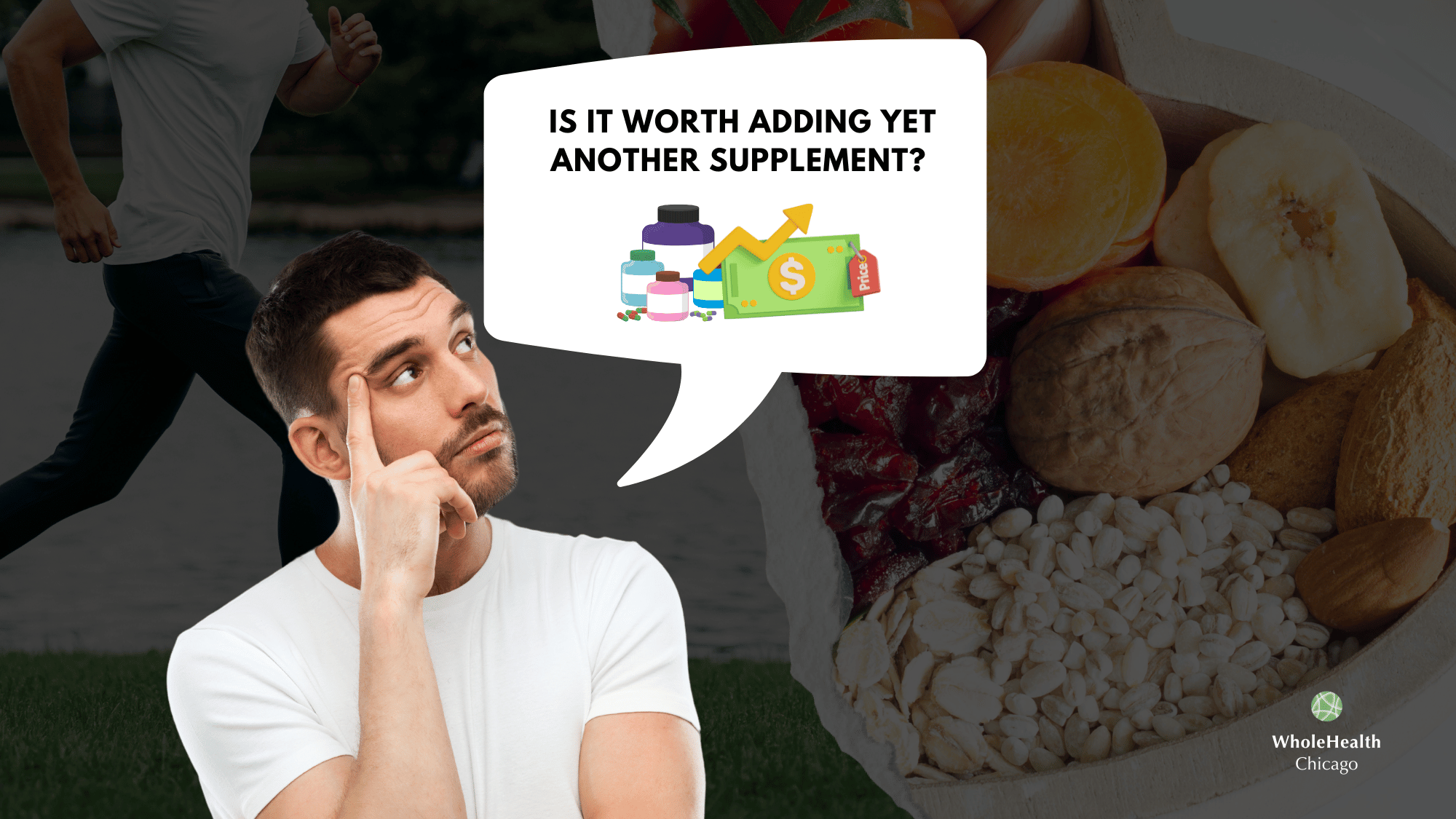The word keeps popping up in emails from patients, and I’m seeing it more and more on their smoothie “lists”. Then, when I saw an article in the Washington Post about colostrum, I thought I’d better write about it myself.
Colostrum was your first taste of food when you were born, the first milk produced by a mother’s mammary glands to give to her newborn. You need to think of it not as a nourishment, per se, but as a bouillabaisse of biologically active compounds to give her little precious the healthiest possible start in life. The Ukrainians make a sweet cheese from cow colostrum called Molozyvo. Many countries make a dessert pudding with it.
The biologically active compounds referred to include: many antibodies (IgA, IgG, IgM) and immune cells (lymphocytes) to protect the baby against disease and infection, jumpstart gut function with a healthy microbiome (lymphocytes), a wide variety of chemicals (cytokines) to control the immune system and growth factors to stimulate the growth of a newborn’s very immature digestive tract to a more mature and efficient one.
It’s fortunate that bovine (cow sourced) colostrum is practically identical to human colostrum so we have plenty of it available for sale without bribing new mothers from Third World countries for their personal colostrum. It is sold as a powder or capsule, often with a catchy name like Wonder Cow, Miracle Moo, Life’s First. Most of the major supplement companies also make their products as well: Pure Encapsulations, Douglas, Designs for Health, etc.
Online, self styled experts, now called ‘health influencers’ offer opinions on the thinnest of evidence explaining why one brand (theirs) might be superior over another. This opinion generally consists of reference to a research paper whose conclusion is a very guarded, “might be helpful for immune support” or “hair growth” or “leaky gut” then linked to product’s website on which ebullient purchasers’ 5 star(ry) eyed reviews wax eloquently about their muscle tone, weight loss, glowing skin, and life without bloating.
There are no real clinical studies, just lots of opinions, all very positive. No one ever says “Still farting.” or “Still losing hair.” And colostrum is no bargain, ranging from $50 to $100 a month, with the all-to-frequent nutritional supplement advice, “you should use this product daily for at least three months before seeing full results.” Of course after three months, the other stuff you’ve been trying (diet changes, less stress, different supplements) may also be working, so you’ll never know if your colostrum actually did anything for your $300. If your bloating stopped, you’ll be afraid to stop your colostrum so you click the ‘automatic shipment’ tab and now you’re forking over $1,200 a year. Oh well.
You can save both time and money by a little DIY healthcare here. You can get close enough to your $100 a month colostrum by following a Mediterranean Diet (light on the meat, increase the fish, plenty of fresh fruit/veggies), eliminate all junk foods especially those with additives/chemicals/preservatives. If leaky gut is an issue, click here and heal it in about 8 weeks.
Be well,
David Edelberg, MD

Thank you for this info. Just saw a commercial for a colostrum supplement last night and was curious/skeptical.
Karen Rice